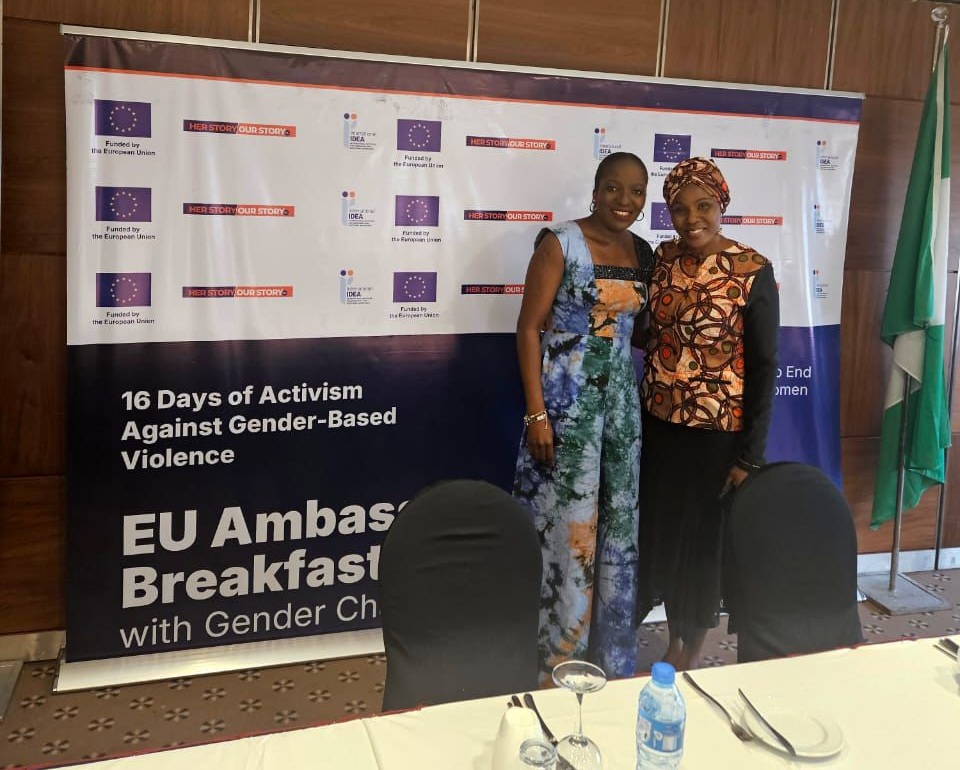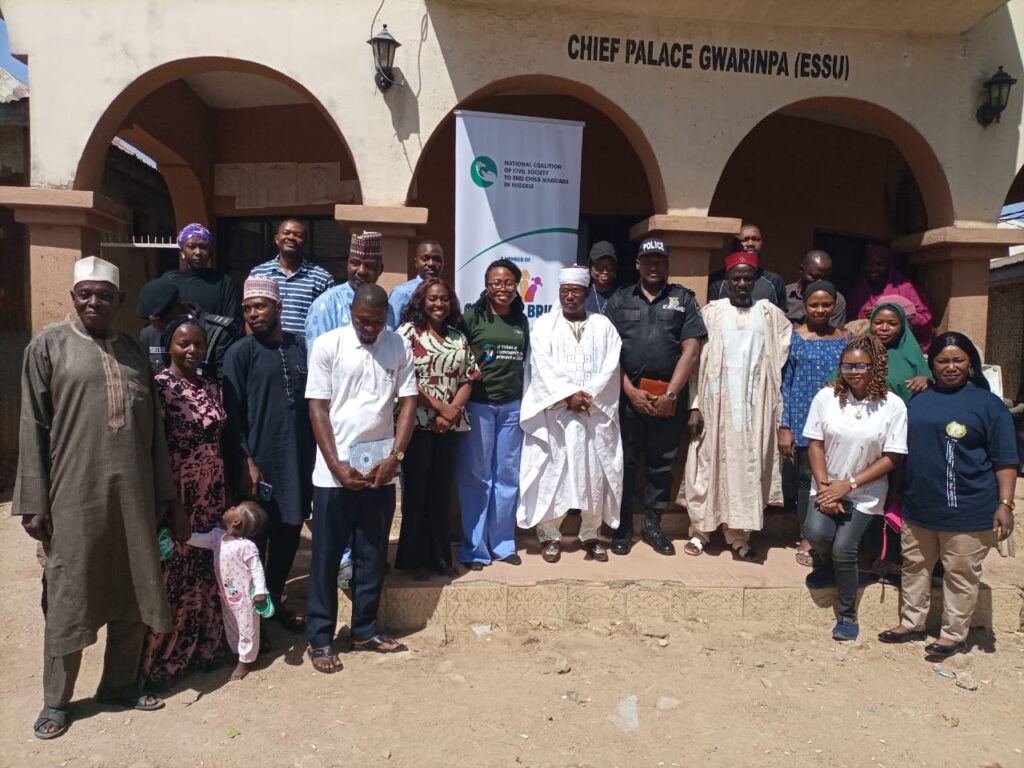
On March 25, 2025, at the the United Nations Building, Abuja, at the invitation of the International Labour Organisation, (ILO), WOTCLEF Executive Director was invited with other stakeholders to the
Dialogue for Non-State Actors’ Engagement in the Implementation of the Decent Work Country Programme (DWCP) in Nigeria.
Decent Work Country Programmes (DWCPs) are the ILO’s programming instrument at the
country level.
They provide a framework that identifies the priorities of ILO constituents
in a country and specifies the planned support of the Office to the achievement of results
under those priorities. They are developed with full participation of national governments
and employers’ and workers’ organizations and are implemented with their active
engagement. Country ownership and results orientation are key aspects of DWCPs.
DWCPs are aligned with national development priorities and with the United Nations
Sustainable Development Cooperation Framework.
DWCPs constitute the ILO’s contribution to the wider UN effort in a country towards the
achievement of the 2030 Agenda and the Sustainable Development Goals.
The objectives of the meeting were:
1.Raise awareness among relevant stakeholders on the programmes under the
DWCP III framework.
2.Improve understanding of DWCPs by non-state actors and its contribution
towards addressing decent work deficits in Nigeria.
3.Facilitate exchanges between non-state actors in better understanding how the UN supports the Government of Nigeria
4.Foster collaboration and align complementarities with ongoing efforts by nonstate actors working on employment.
Various presentations updates indicative of ILO’s contribution to employment governance landscape in Nigeria was carried out on
Strengthening Employment and Employability Systems in Nigeria (SEESIN).
SEESIN is a strategic
initiative aimed at addressing employment and skills development challenges in Nigeria.
Also, the UN Resident Coordinator ‘s Office, made a vital presentation which elicited feedbacks and discussion on the United Nations Sustainable
Development Cooperation Framework (UNSDCF.
Reinforcing employment
governance, improving employability, and fostering inclusive labour market participation was further emphasised.
On the national level, the Federal Ministry of Youth Development on a slide presentation, shared information on the Nigeria Youth Employment Action Plan (NIYEAP).
It will recalled that the International Labour Organisation was established in 1919 and with the Philadelphia declaration of “labour not a commodity”, ILO became the first United Nations specilized agency for labour in 1946.
Its first regional office in Africa was opened in Nigeria in 1959.
With its centenary celebration in 2019, ILO continuous to promote social justice, equal opportunity for everyone with tripartite partners namely government, private sectors employers and employees.


